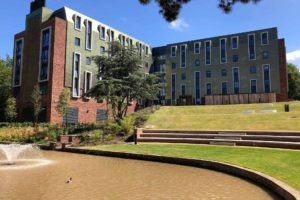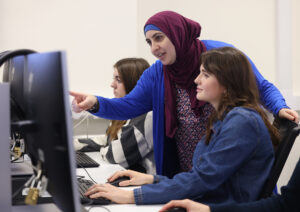About this course
Combine research skills training in modern languages and cultural studies with tailored theoretical and methodological approaches aligned to your proposed research project. Under expert supervision, you'll produce a major piece of independent research that makes an original contribution to knowledge and offers ideal preparation for PhD study.
Introduction
This MRes – as well as the Latin American Studies MRes and the Film studies MRes – provides a personalised and focused introduction to postgraduate research. It will enable you to develop into an independent researcher and produce an original research project, supported by an expert in modern languages and cultures.
Pathways are available in Basque studies, Catalan studies, Chinese studies, French studies, German studies, Hispanic studies, Italian studies, Portuguese studies, sociolinguistics, Spanish studies, and translation studies. Your final award will reflect your choice of pathway.
MRes programmes are also available in Latin American Studies and Film Studies. Please contact the programme director for more information.
Whichever pathway you choose, the programme provides intensive preparation for doctoral research and your future career. We’ll guide you through the research process, equipping you with transferable skills, including critical thinking, project management, written and verbal communication, and problem solving.
Training in research methodologies will be tailored to modern languages and cultural studies, as well as your specific research proposal, and a rigorous overview of current scholarship in your selected field will be provided. You’ll co-design a bespoke reading list and individual assessment tasks in preparation for a substantial piece of research.
Guided by research-active experts in the Department of Languages, Culture and Film, you’ll discover how to develop a research proposal, identify relevant evidence and sources, plan and undertake the research, and analyse and present your findings.










